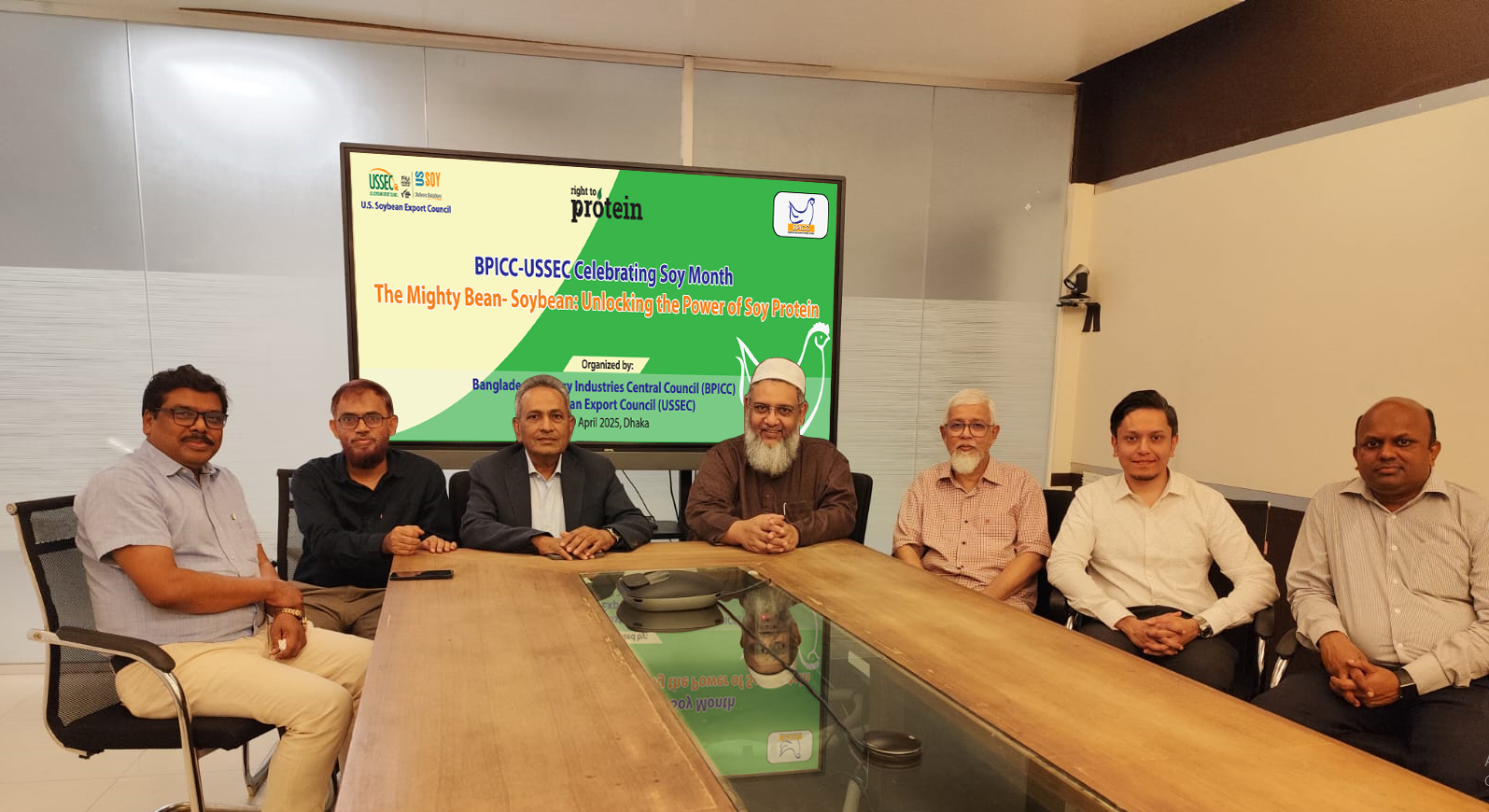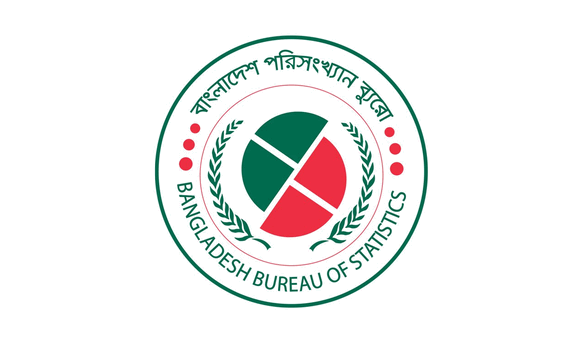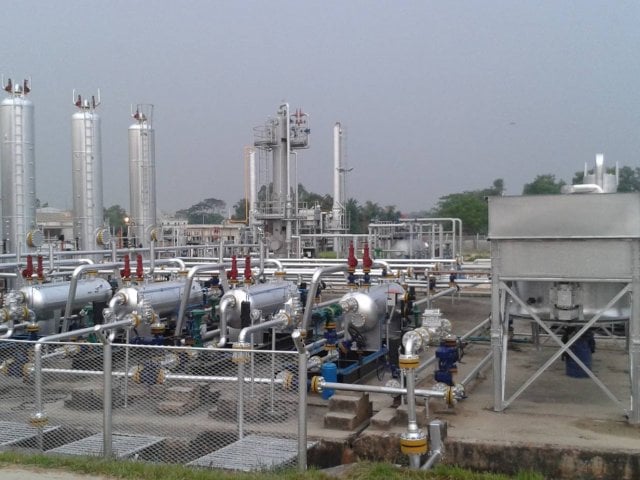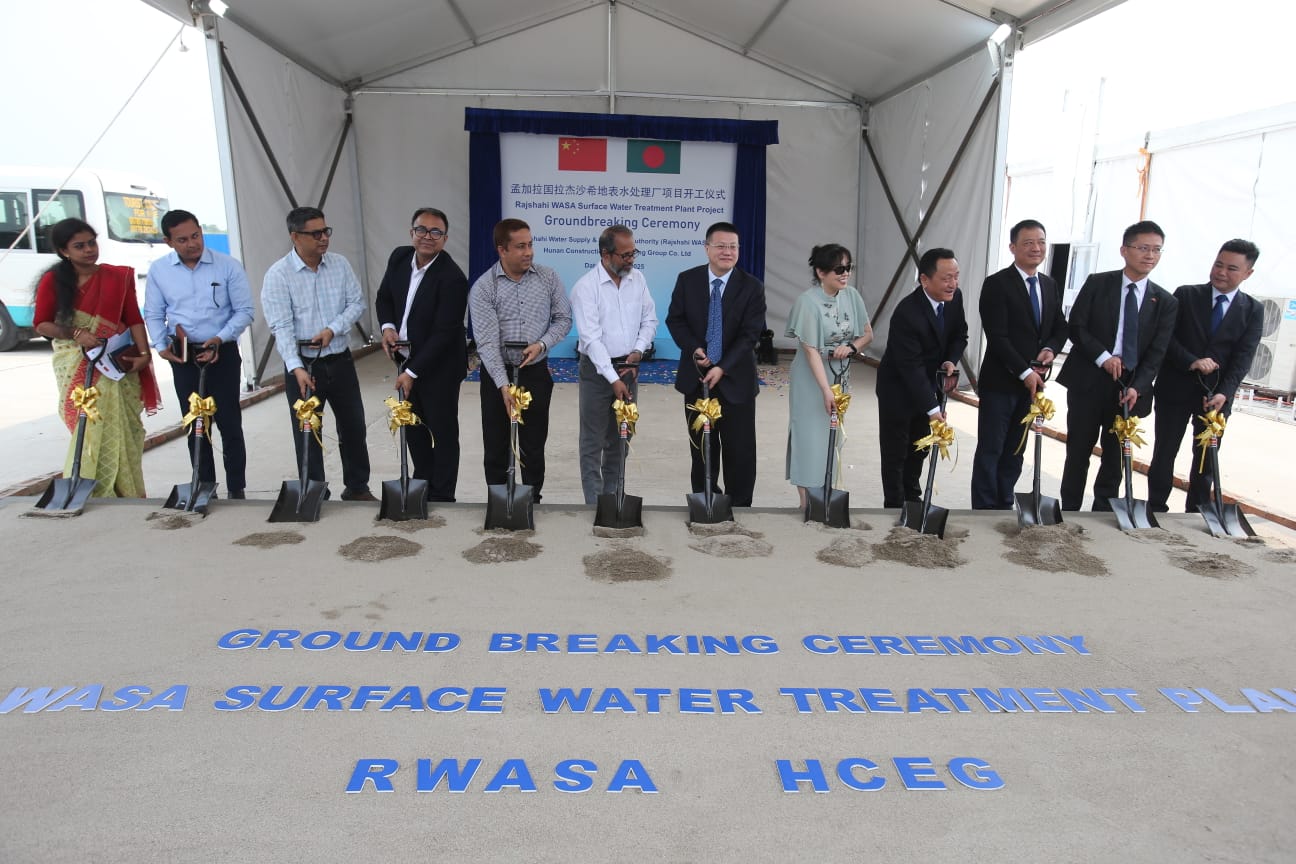
A recent survey reveals that nearly 99% of readymade garment (RMG) workers in Bangladesh are uninterested in the Universal Pension Scheme (UPS). Only 1.3% of workers have enrolled in the scheme, which was launched in August 2023. The survey found that financial constraints were the main reason for non-participation, with 90.6% of workers citing this factor. Additionally, 6.7% raised concerns about the scheme’s long-term sustainability, while 2.7% were unaware of it.
The study, conducted by Md Monirul Islam, deputy director of the Bangladesh Institute of Labour Studies (BILS), was supported by the Netherlands-based Mondiaal FNV. BILS has been implementing a project called “Ensuring Decent Work in the Ready-Made Garment (RMG) Sector through Social Dialogue.” The study, carried out between September and December 2024, is titled “Universal Pension Scheme: Exploring Potential Social Protection for RMG Workers in Bangladesh.”
The study focused on evaluating the government’s Universal Pension Scheme, specifically the Progoti scheme, which includes RMG workers. This scheme divides the contributions equally between workers and employers, with each paying 50%. The study aimed to assess the scheme’s potential benefits, structure, and sustainability, as well as identify gaps in social protection for RMG workers. It also reviewed national and international policies, offering recommendations for a sustainable model of the Universal Pension Scheme tailored to the RMG sector.
During a roundtable discussion on February 17, Razequzzman Ratan emphasized that workers’ financial struggles hinder their interest in future-focused initiatives. He suggested that if the UPS is successfully implemented, it could generate an annual fund of Tk4,048 crore. Advocate AKM Nasim raised concerns over the management process, stressing that transparency is essential to ensure workers benefit from the fund rather than just the fund managers. He also highlighted the challenge of convincing workers to contribute, as it could require a significant portion of their wages.
Abul Kalam Azad from the Bangladesh Trade Union Centre (UTC) questioned the workers’ trust in employers, pointing to instances of employers defaulting on loans. Saidur Rahman, deputy secretary of the Labour Ministry, mentioned the lack of job security in Bangladesh and suggested that the UPS could address this issue, urging support to increase workers’ confidence in the scheme.
Sakiun Nahar Begum, additional secretary of the Department of Labour, noted that over 70% of workers are unwilling to join the UPS due to trust issues. She also expressed doubts about the findings of the government’s study and emphasized the need for formal documentation to ensure the success of the scheme. She referenced the unutilized EU fund for RMG workers’ social protection after the COVID-19 pandemic, citing a lack of proper documentation.










